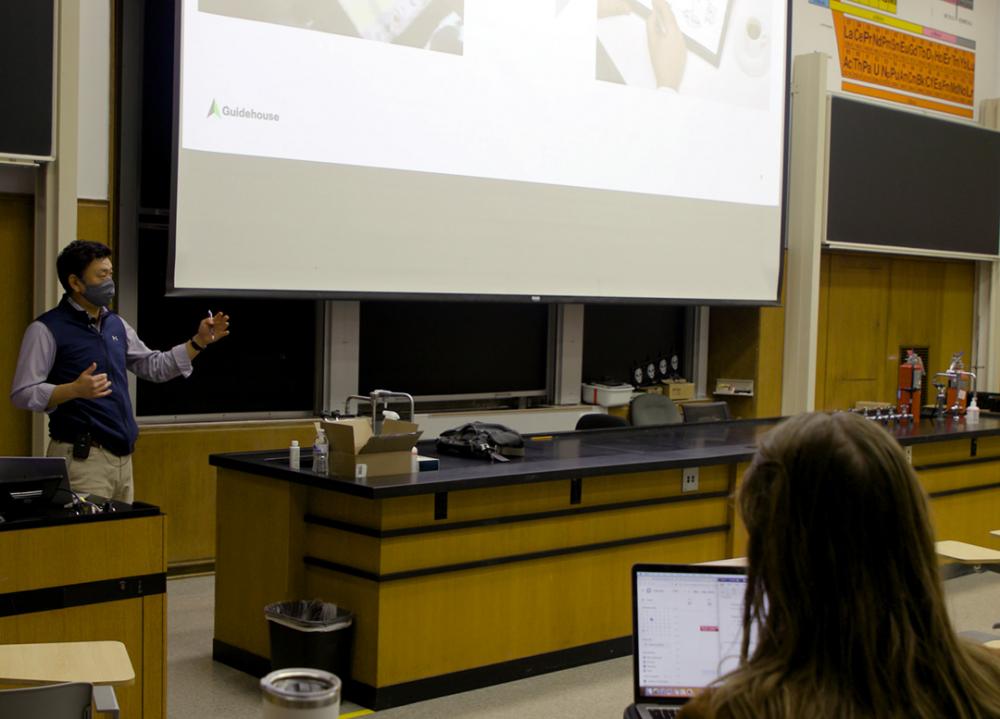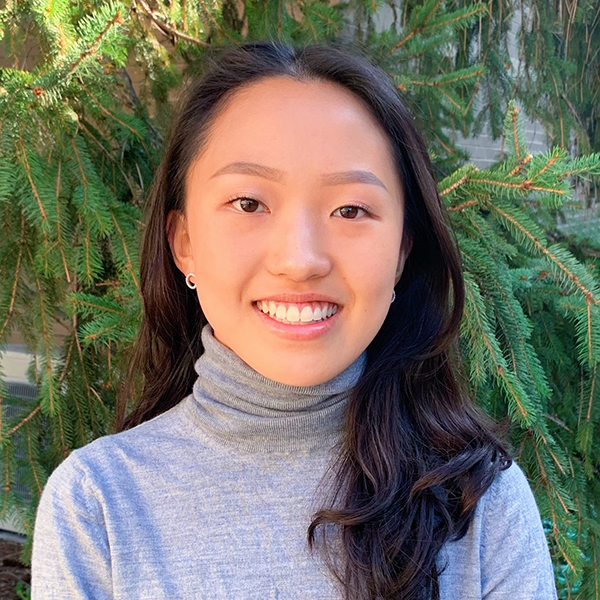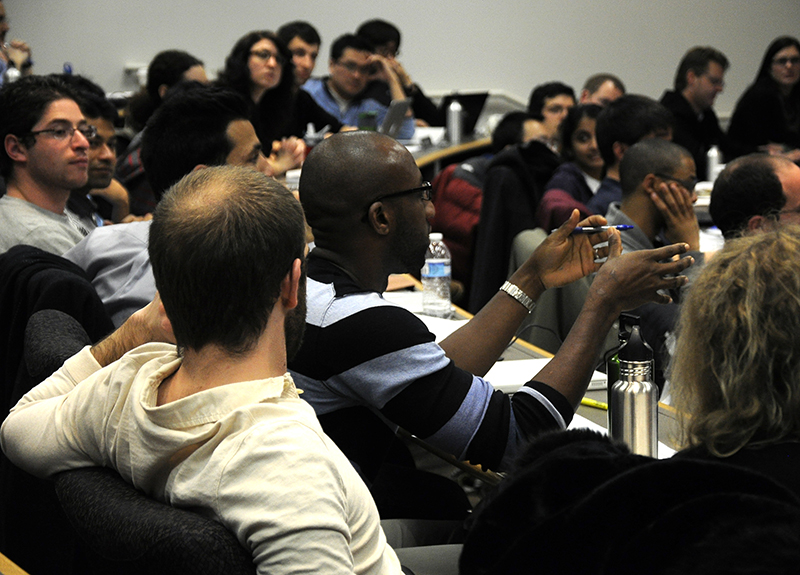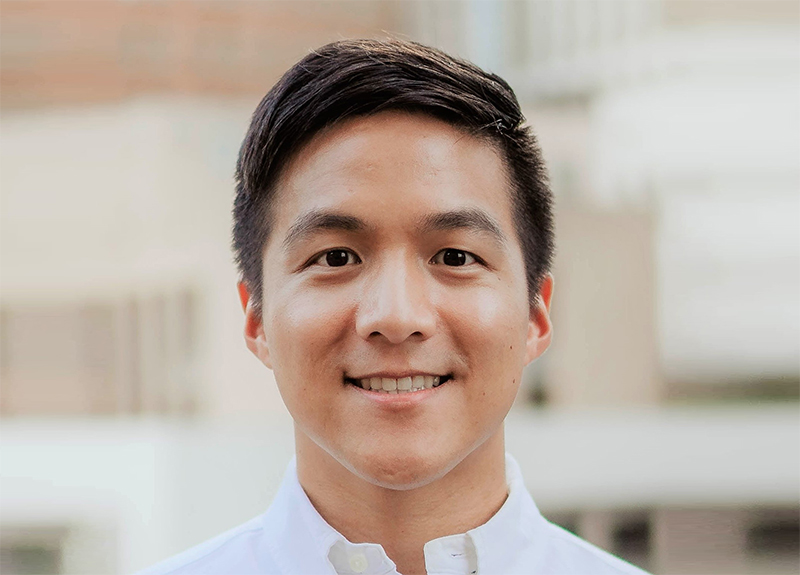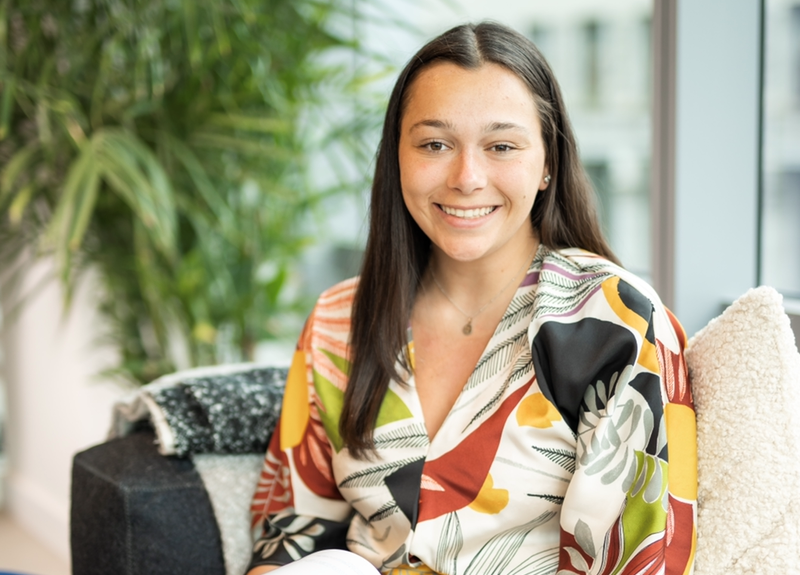This fall, Northwestern University’s Master of Science in Energy and Sustainability (MSES) program welcomed its first cohort of 27 students.
Administered by the Institute for Sustainability and Energy at Northwestern (ISEN), MSES is a rigorous 10-month program that prepares students to become versatile leaders in the fields of sustainability and energy. Graduates earn their degree from the McCormick School of Engineering and Applied Science.
The teaching team offers a rare combination of interdisciplinary faculty and experienced adjunct practitioners. “We have great, full-time faculty members from Northwestern’s McCormick School of Engineering, from the Kellogg School of Management, [and] from the Weinberg College of Arts and Sciences, but also we bring in a huge representation of practitioners who are at the top of their field who want to take the time to teach this next generation of students how to lead in energy and sustainability,” says Holly Benz, clinical associate professor and director of the MSES program.
In addition to a core curriculum that covers the intersection of complex market drivers for energy and sustainability, students also select one of three specializations in energy and sustainable finance, energy technology, or sustainability, of which each features a unique set of elective courses.
“When students walk away from this program, they’re going to have a foundation of what it’s like to work in the field of sustainability and energy regardless of the profession they go into. I think that’s pretty exciting,” says Dan Hahn, an adjunct associate professor within the MSES program. Hahn teaches Fundamentals of Natural Resources Distribution, a core course that encompasses engineering fundamentals of natural resource distribution systems, how and why they are built, as well as the theory and properties of electric energy and hydrology.
A diverse array of guest lecturers from top federal to industry positions adds another dimension to the curriculum. “We’ve had a former Congressman, we’ve had a former Chief of Sustainability for President Obama, we’ve had people from inside the Department of Energy, and we’ve had someone who’s in the investor space,” notes Mark Lillie, an adjunct professor who teaches the course Government Incentives. “I know the students are interested in hearing their real-life perspective, but the guests are equally excited to be a part of the program.”
Students entered the program eager to hone-in on professional skills for a world in need of new talent to combat the effects of climate change. The incoming cohort comes from a diversity of backgrounds, ranging from social policy, to business, to engineering, which reflects the interdisciplinary emphasis of the program. Many students also bring industry experience to the cohort. “I think that that really lends to this idea that we’re learning from each other and not just our professors,” says Simone Laszuk, MSES student.
In addition to course work, the program requires all students to participate in a capstone practicum. “One of the highlights of the program is the project practicum,” says Benz. “It’s an opportunity for all of our students to work on a real-world consulting project with a client and help them solve a problem.” A project from the Spring 2020 practicum class involved working with electric car industry stakeholders such as Greenlots, Volta, and Tritium to develop recommendations for the Chicago Department of Transportation on where, when, and how to install electric car charging stations throughout the city, with particular consideration for issues of socially equitable distribution of access. Students had the opportunity to gain hands-on experience through conducting research and data analysis. Other practicum projects included working with microgrids to determine where they will deliver optimal value as well as researching long-term battery storage for a client. According to Benz, these experiences will continue throughout the students’ time in the program and will enable graduates to build an expansive network of professional connections that can open the door to future job opportunities.
“While we’re in the first year of the master of science in energy and sustainability, we’re really pleased with how it’s going. We’ve gotten off to a great start with a fantastic group of students who are giving us very positive feedback about the classes so far. We’ve already started our career counseling efforts and we’re really excited to continue through this year and also to prepare for the next cohort of students coming into the program,” states Benz. Personalized career advice is administered through one-on-one meetings with the MSES team and outside advisors to facilitate the transition from academia to the professional workplace. Students are also able to leverage additional general career resources from McCormick’s Engineering Career Development office, as well as from Northwestern Career Advancement.
“There’s tons of support in terms of career advancement starting from your admission offer all the way up until you graduate,” says Aiden Kamber, MSES student. “I think there’s plenty of opportunity to get involved and to land your dream job.”



